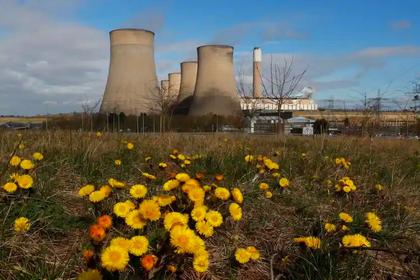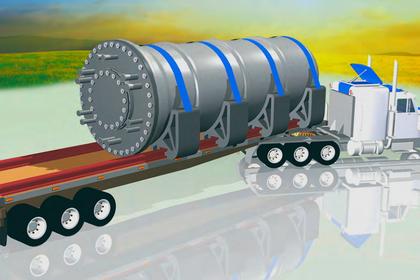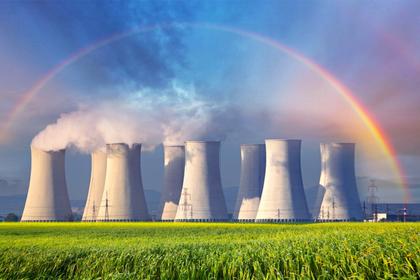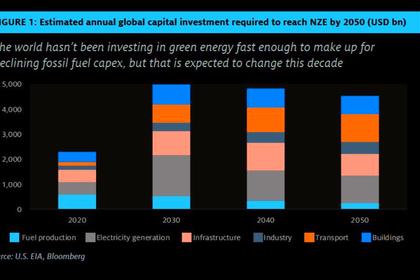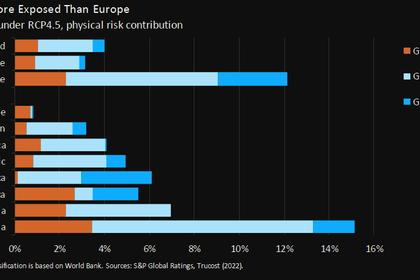
RESILIENT NUCLEAR POWER
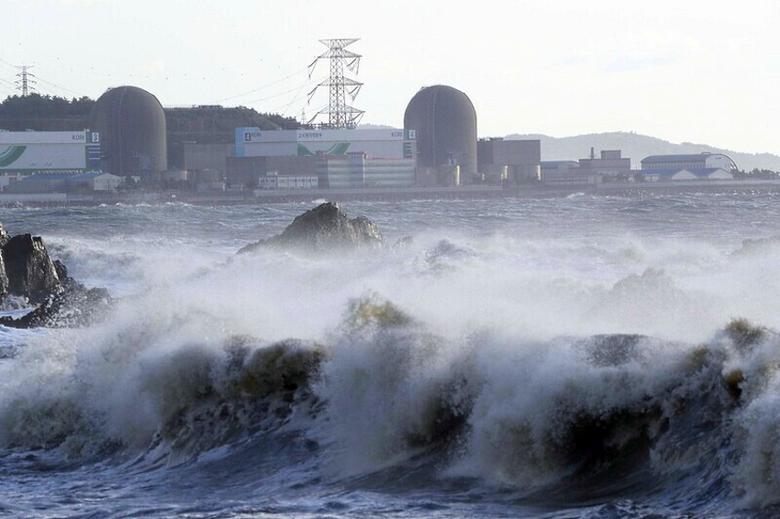
IAEA - JUN 17 2022 - With extreme weather events becoming more and more frequent, there is an urgent need for energy systems not only to be low carbon but also sufficiently robust and resilient to avoid blackouts and other losses. And climate-resilient nuclear power has a lot to offer in this area. That was the message from an IAEA event held on the side lines of the UNFCCC Bonn Climate Change conference.
Building on its presence at COP26, which helped with the inclusion of nuclear power in the global climate and energy debate, the IAEA took another step forward in its engagement with the UN body responsible for supporting the global response to global warming by holding its first side event in connection with the UNFCCC Session of the Subsidiary Body for Scientific and Technological Advice. That regular mid-year gathering helps prepare for the annual UN Climate Change Conference in November, to be hosted this year by Egypt.
The IAEA hybrid event on 13 June took place against the backdrop of an increasing number of extreme weather incidents such as heatwaves, firestorms, floods and cold snaps that have disrupted energy supplies and knocked out electricity grids around the world—from Africa, Asia and Australia to the Americas and Europe. “Most countries are likely to experience more frequent or intense extreme weather, water and climate events,” said Maxx Dilley, Director of the Climate Programme at the World Meteorological Organization.
Extreme weather “poses an increasing threat to electricity systems,” said Jinsun Lim, Energy and Environment Policy Analyst at the International Energy Agency (IEA). “Climate change directly affects every segment of the electricity system. It impacts the generation potential, the transmission and distribution as well as the demand patterns.”
The role for nuclear
With 24/7 electricity generation reliability, robust design and fuel supplies stored on site for long periods of time, nuclear power plants can help make energy systems more resilient to the climate impacts expected in the future, according to the IAEA’s Nuclear Energy for a Net Zero World. This is particularly true when considering future clean energy systems with high shares of variable renewables such as solar and wind, which may also be vulnerable to some extreme weather.
“We need to build in the resilience within the system, so the impact is not catastrophic and the recovery time is reduced as much as possible,” the WMO’s Dilley said.
Nuclear power has demonstrated its safety performance and resilience in the face of challenges from climate and extreme weather events that could disrupt conventional electricity generation facilities. At the same time, events that could potentially challenge electricity generation, such as seasonally high water temperatures in rivers that help cool nuclear reactors, have increased almost fivefold since 1990, with a notable acceleration since 2009, according to Bertrand Magne, Senior Energy Economist at the IAEA. Still, reported production losses from such events have decreased since 2010 in most countries largely thanks to adaptive operational practices.
“We have been working in setting an adaptation plan for our fleet,” said Aurelie Frionnet, Adaptation Project Officer at EDF, operator of France’s 56 nuclear power reactors, which provide 70 per cent of the country’s electricity. “We are imagining what the possible future will look like to be able to make the relevant decisions for our nuclear assets, considering the uncertainty of climate change. First, we understand the climate science and modelling, then we assess the impact and finally we mobilize and try to make good decisions.”
The latest advances in climate science and modelling allow for better informed local scale climate vulnerability and resilience studies. “Translating climate science and modelling outcomes into actionable information for utilities and other end users is non-trivial, but vitally important”, said Thomas Wall, in charge of the Engineering and Applied Resilience programme at Argonne National Laboratory in the United States.
With that information in hand, the energy sector will need to take faster and more urgent action to adapt its infrastructure to the challenges of climate change, particularly as investments target low carbon technologies to meet commitments under the Paris Agreement, the speakers agreed.
“It is crucial to ensure the decarbonization process will also be robust and climate resilient, and to ensure critical infrastructures which provide essential services are able to function—even when extreme weather events occur,” said Wei Huang, Director of the IAEA Division of Planning, Information and Knowledge Management.
-----
Earlier:
